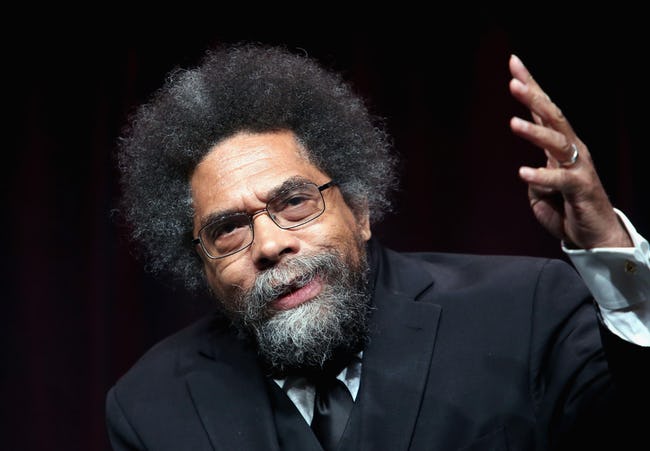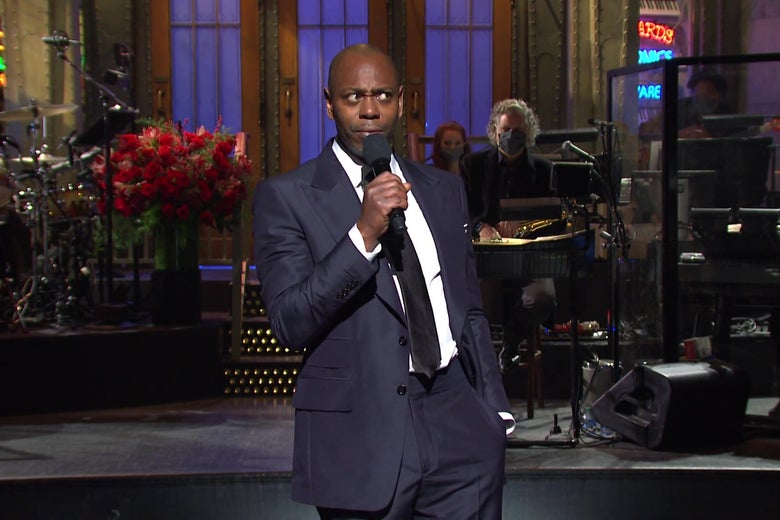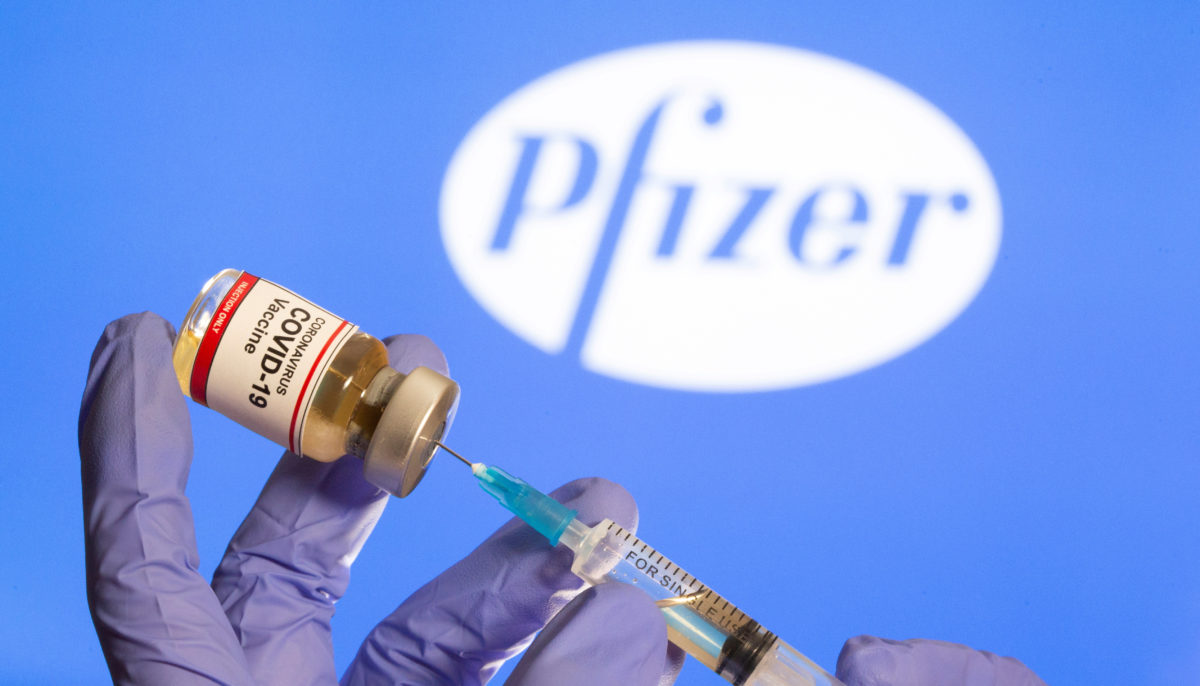
The Oklahoma Eagle Newswire
The Oklahoma Department of Mental Health and Substance Abuse Services (ODMHSAS) continues statewide outreach efforts to link Oklahomans in need to services and support for those experiencing hardship due to the COVID-19 pandemic. The department is encouraging people needing assistance to call a toll-free hotline at 800-522-9054 to be immediately linked to trained professionals who are ready to assist, or to dial 211 and use the automated phone system.
Calling the hotline or 211 links the caller to an array of resources in their community, including support for food, shelter or other demands brought on by COVID and other life stressors.
Trained professionals answering the phone can help link callers to mental health and substance use treatment services, or simply be a caring listener.
Early in the pandemic, ODMHSAS began outreach efforts and response services throughout the state. The department’s statewide network of care providers, along with outreach efforts involving Oklahoma’s 211 phone system, has helped link thousands of Oklahomans to support. The result is that the state has not experienced some of the same negative consequences seen in other parts of the country.
“As of today, we have not experienced the same level of negative trends talked about in other states, such as dramatically increasing suicide rates and overdose deaths,” said ODMHSAS Commissioner Carrie Slatton-Hodges. “We remain vigilant and are cautiously optimistic that we have the services in place to respond should this change.”
Slatton-Hodges points to many factors as to why the response has been effective, including previous work by the department to expand the use of technology and put in place evidence-based services.
“We are in this position because of past investments and prioritization of resources, in addition to the targeted use of funds that have been made available to support our state’s response,” said Slatton-Hodges. “Certainly, there is heightened attention on mental health right now due to COVID, and there should be. Although it is important to note that because of the shared commitments, we as a state are in a better place to proactively address the stressors and strain brought on by the pandemic.”
“Today there are many more people advocating for the need to prioritize mental health and substance use treatment services, especially those impacted by these illnesses,” she said. “This includes policymakers, law enforcement, treatment agencies, communities, and families. I believe with my whole heart that services to prevent, treat and help Oklahomans recover from these illnesses are critical to the overall success of our state. I know this to be true because I witness real-life examples of it daily.”
Oklahoma has made vast improvements in its statewide behavioral health system within the last years, including:
- Adding residential substance abuse treatment beds to virtually eliminate wait times for these services;
- Increasing the use of technology by 137 percent to improve access to treatment and care;
- Launching evidence-based strategies to curb epidemics like opioid addiction;
- Growing public-private partnerships that offer pathways to gainful employment and permanent housing opportunities; and
- Enhancing supports offered to children and families through mobile crisis, school-based services and partnerships to better address veteran’s needs.
“We are quite proud of the progress made together; progress made possible through the partnership, commitment and shared goals of many different people and groups,” said Slatton-Hodges. “Oklahoma is in the process of building a model behavioral health system – one of the best in the nation.”
An online link to Oklahoma mental health and substance use treatment providers, along with additional services, is available by visiting the department website at
at www.odmhsas.org.










